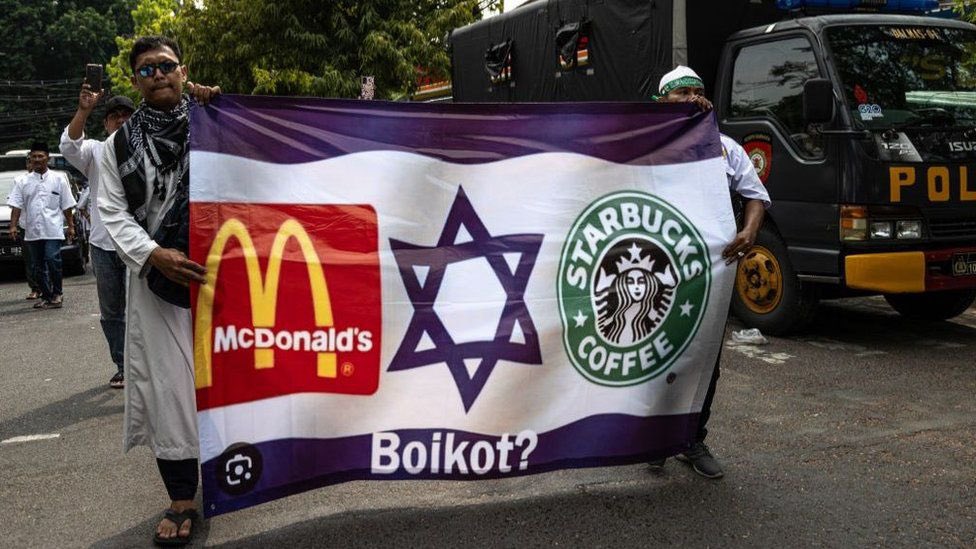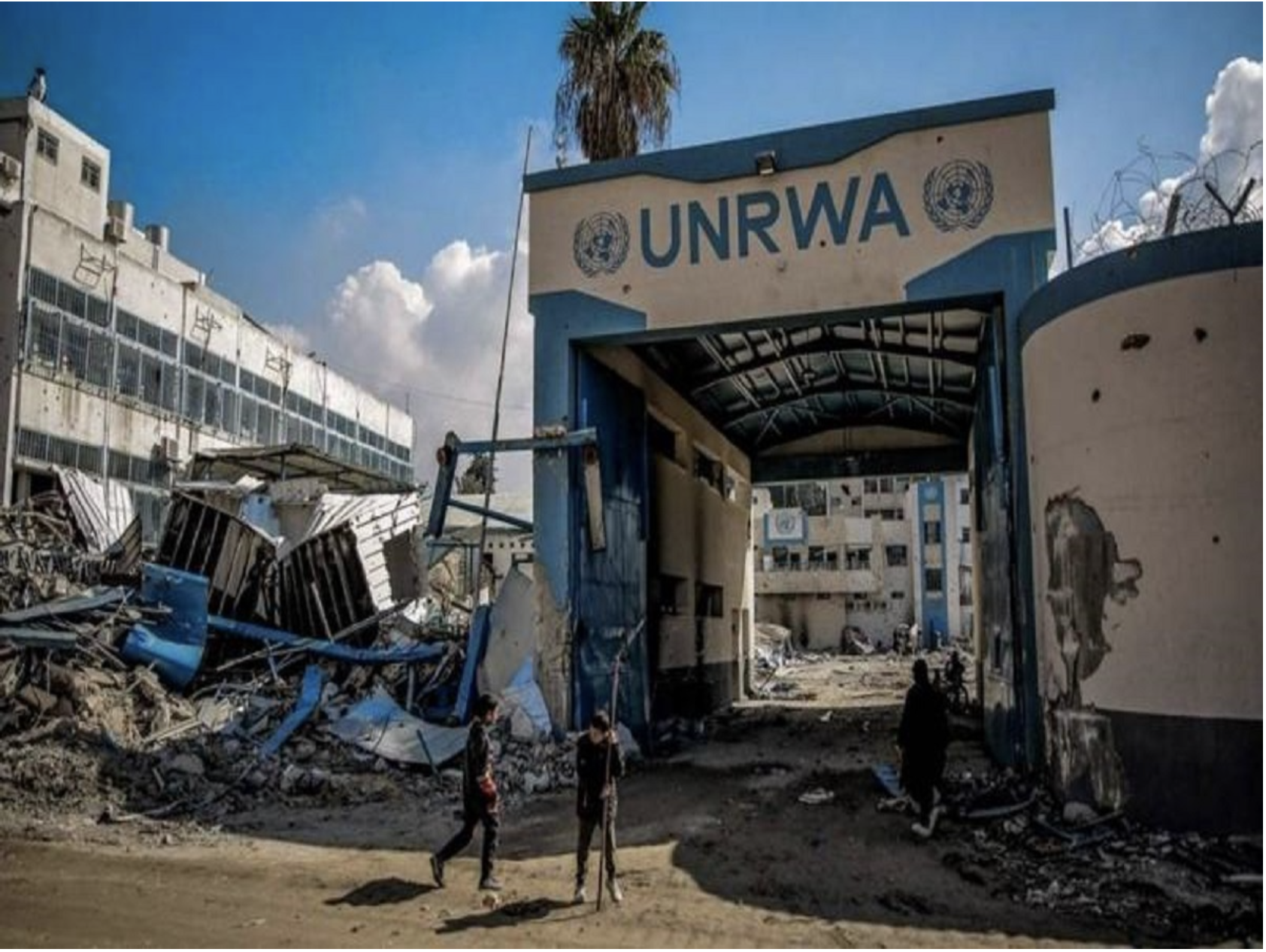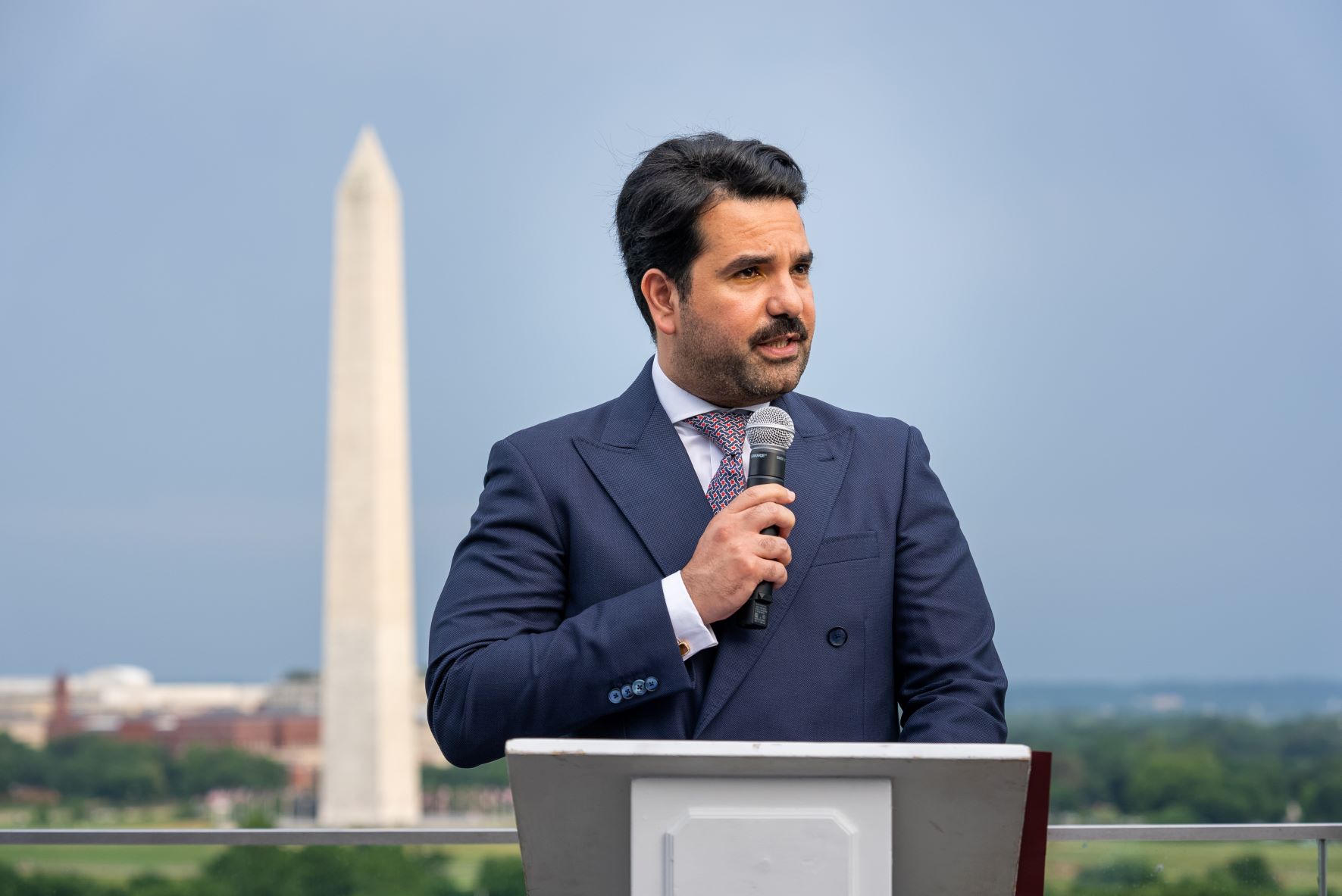The genocide being committed by Israel in Gaza has intensified calls for corporate accountability and ethical business practices, fuelling boycott movements across the globe.
Starbucks has announced a downturn in its annual sales forecast amid increasing boycotts in the United States and the Middle East.
The world’s largest coffee chain informed investors of a “significant impact on traffic and sales” in the Middle East due to the rising calls to boycott the company for its support for Israel.
The effect of the boycotts extended to the U.S., impacting the company’s performance, Chief Executive Laxman Narasimhan explained to participants during a conference call following the announcement of quarterly earnings.
Starbucks recorded below-estimate figures across its business for the first three months of the 2024 financial year. This included a 5% rise in comparable sales in U.S. stores, which, while positive, fell short of expectations.
Despite achieving record revenue of $9.43bn in its first 2024 fiscal quarter, Starbucks has revised its sales outlook for the year.
Originally projected revenue growth of 10% to 12% has been downgraded to between 7% and 10%. The forecast for sales at global outlets open at least a year has also been adjusted downwards.
Following these announcements, Starbucks shares saw a 3% rise, a figure that belies the 11% decrease in share value compared to the same period last year. This decline in share value is a clear indicator of the effectiveness of the boycotts.
This decrease indicates that over the past year, the overall value of Starbucks shares has declined significantly, suggesting a negative trend in investor confidence or company performance over that period.
Starbucks are being boycotted because they sued their Workers United Union for using their logo for pro-Palestine posts and said it damaged their reputation.
Starbucks claimed that Workers United using their logo defamed them and supporting Palestine implied that Starbucks supported ‘terrorism’.







